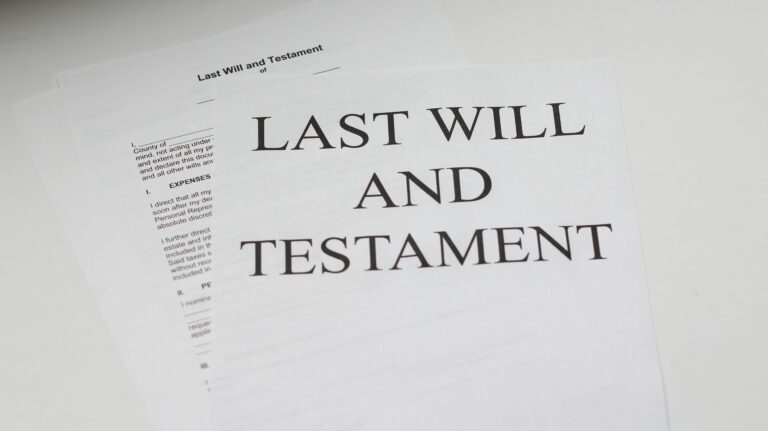
Who is Legally Able to Amend a Trust?
Procrastination is the most common mistake in estate planning when people don’t create a will and trusts and when documents are not updated. For one family, a revocable trust created when both parents are living presents some complex problems now, when the surviving wife wants to make changes but is suffering from serious health issues.
As described in the article “Estate Planning: Who can amend the trust” from NWI Times, this scenario requires a careful review of the trust document, which should contain instructions about how it can be amended and who has the authority to do so. An estate planning attorney must review the trust to ensure it can be amended.
If the trust allows the surviving settlor to amend the trust, the authority to amend it may only be given to the surviving settlor. The mother may be permitted to amend the trust. However, it can’t be anyone acting on her behalf.
If the language in the trust makes the power to amend personal, a guardian or an attorney-in-fact likely won’t be able to amend the trust. Likewise, if the mother is incapacitated and cannot do this herself, the trust may not be amendable while she is ill or disabled.
However, if the trust allows the surviving settlor to amend the trust and the power is not personal, a legal representative, such as a guardian or an attorney-in-fact, may be able to amend the trust for her, if they have the authority to do so under the terms of the trust.
Anyone contemplating this amendment must be aware of any “self-dealing” issues. The legal representative will be restricted to making changes only for the benefit of the beneficiaries and should be mindful before attempting to amend the trust.
Suppose the authority to amend doesn’t exist or other restrictions make it impossible, depending on the state’s laws. In that case, it may be possible to docket the trust with the court and obtain a court order authorizing the trustee to depart from the terms of the trust or even amend the document.
Accomplishing this is far easier if all involved agree with the changes to be made. Unfortunately, if any interested parties object, it may lead to litigation.
Depending upon the desired change, entering into a family settlement agreement may be possible after the mother dies. If everyone is willing to sign off, an agreement can be written authorizing the trustee to deviate from the terms of the trust. This will also require the guidance of an estate planning attorney to ensure that the agreement follows the state’s laws.
If family members disagree with the change, the trustee can refuse to accept the settlement agreement to protect themselves from potential liability.
Reference: NWI Times (May 7, 2023) “Estate Planning: Who can amend the trust”









